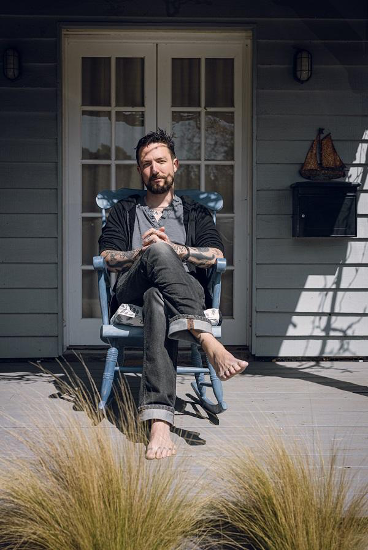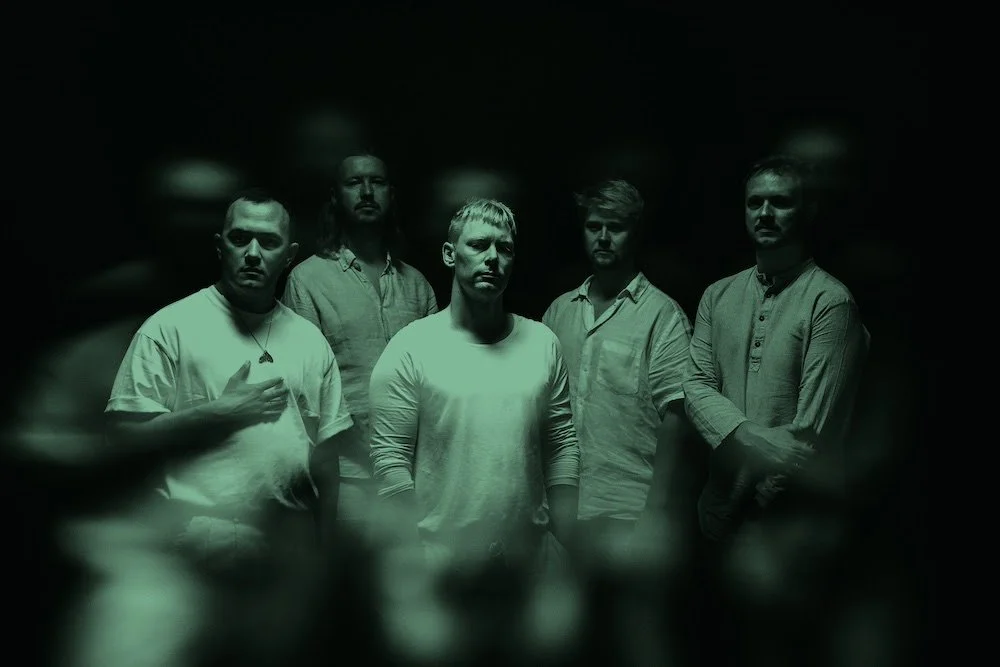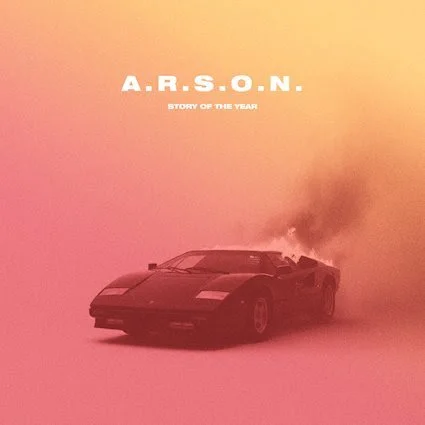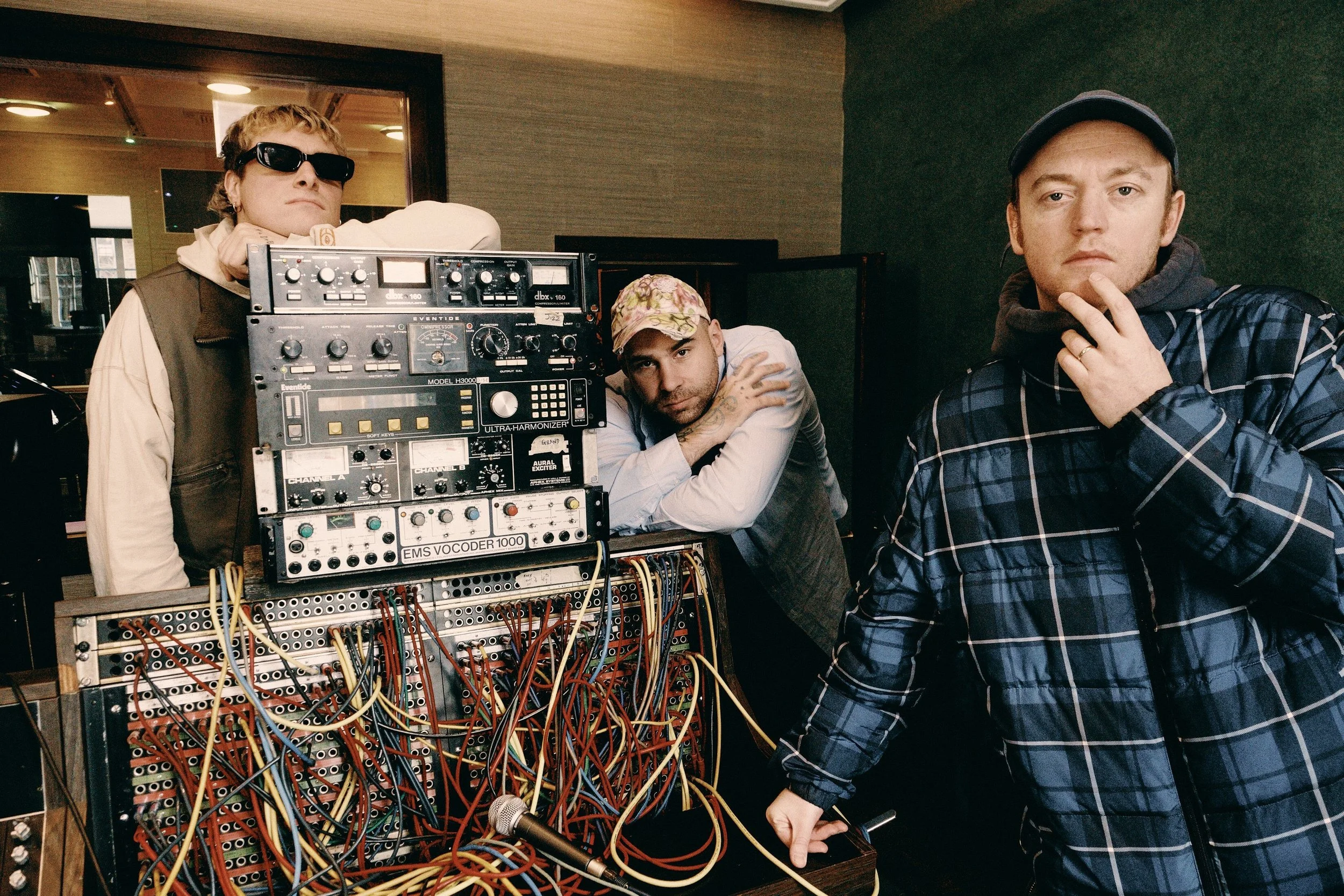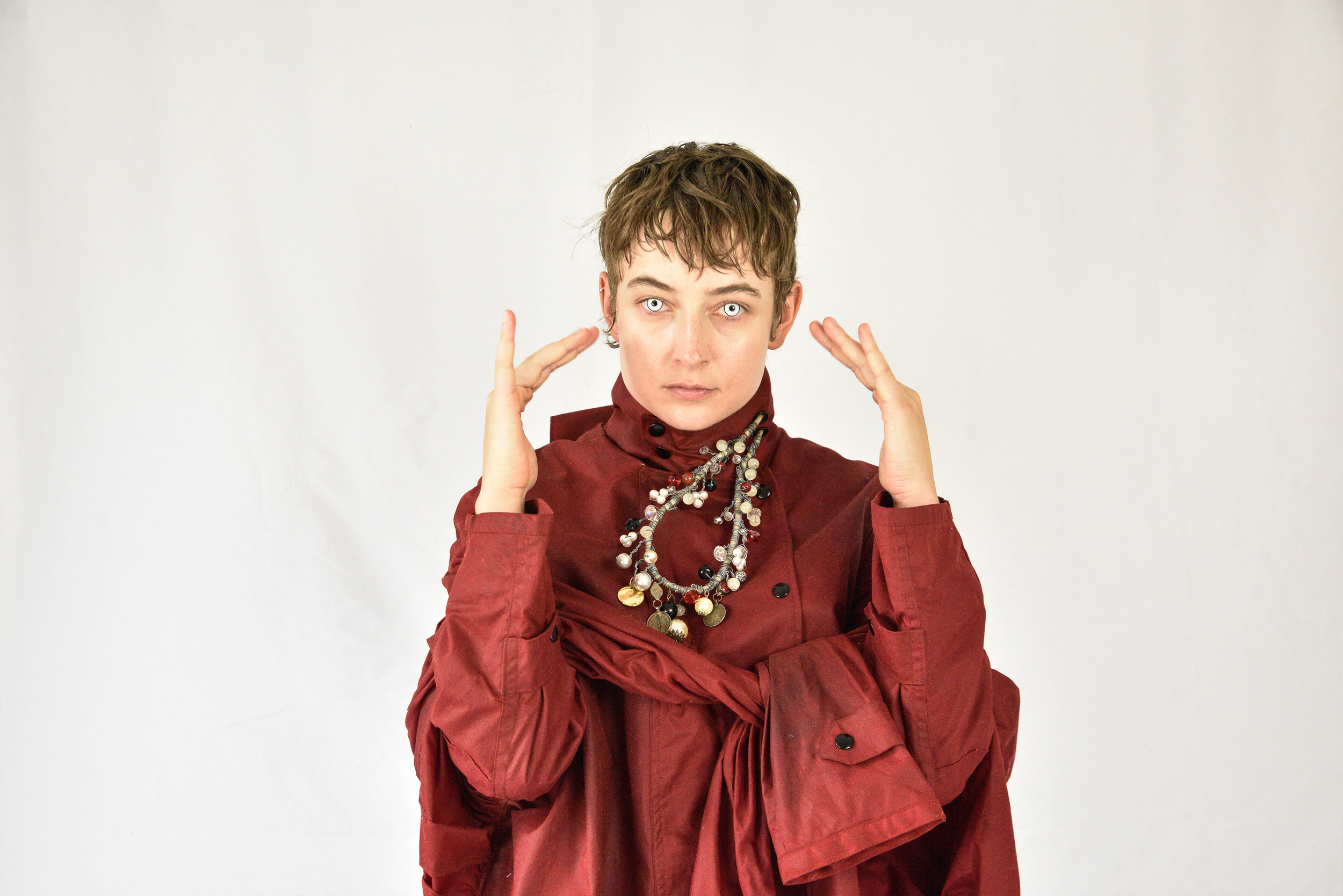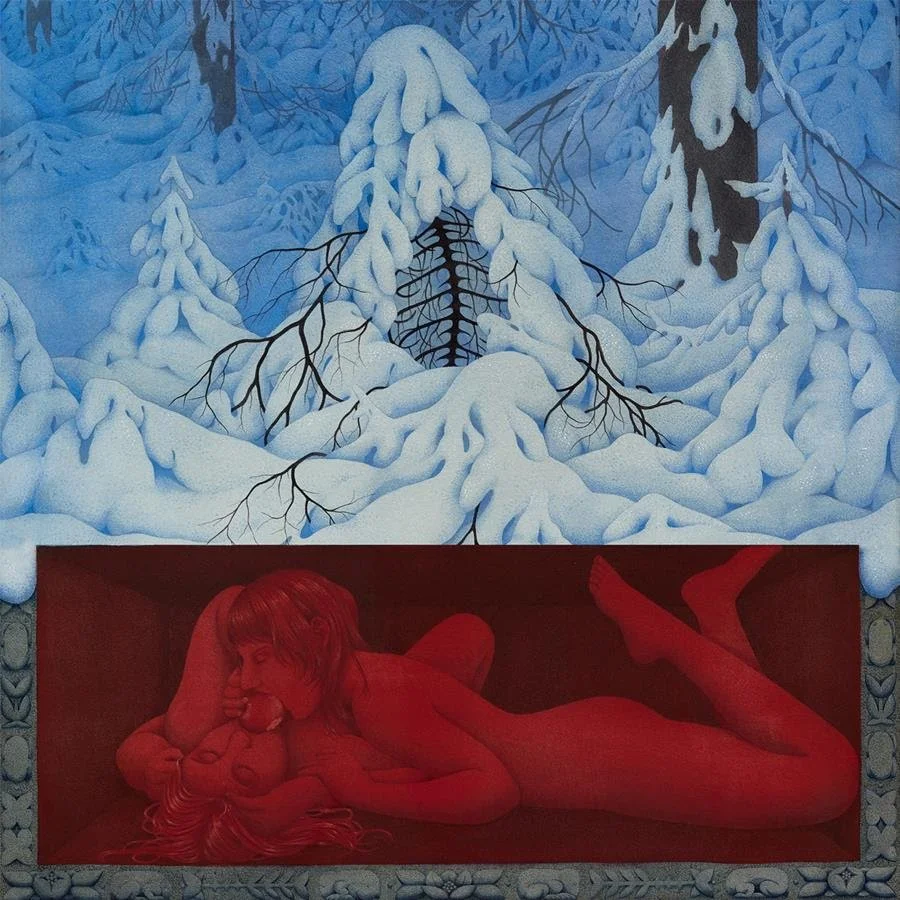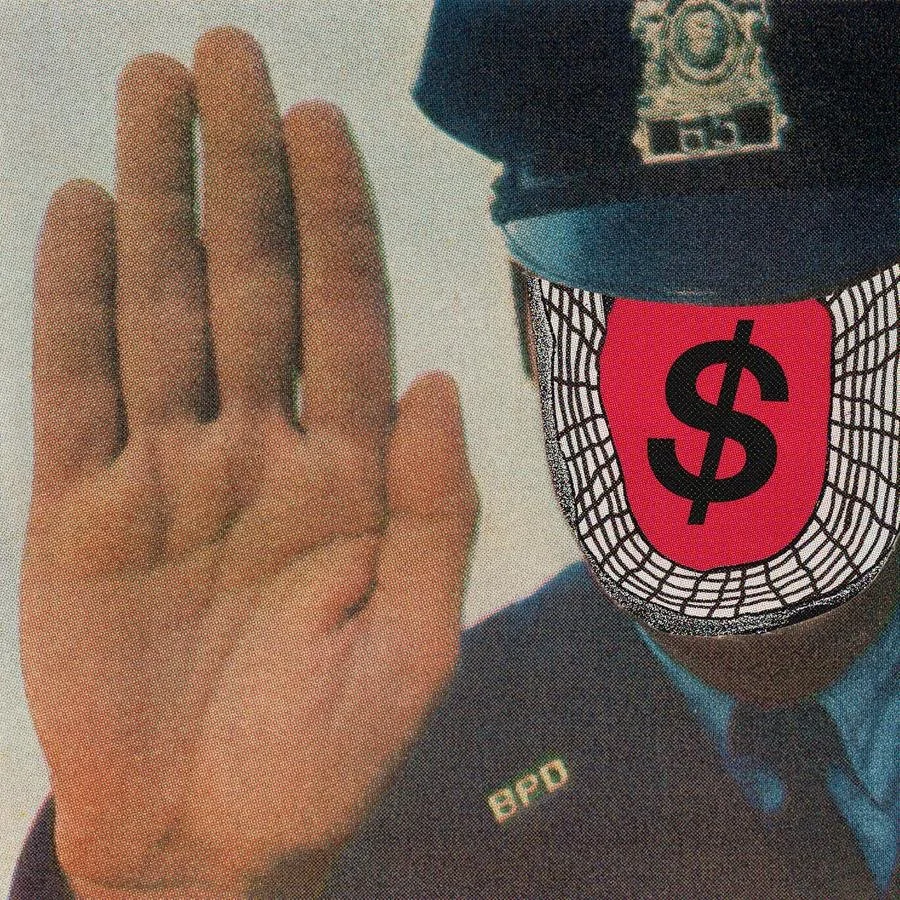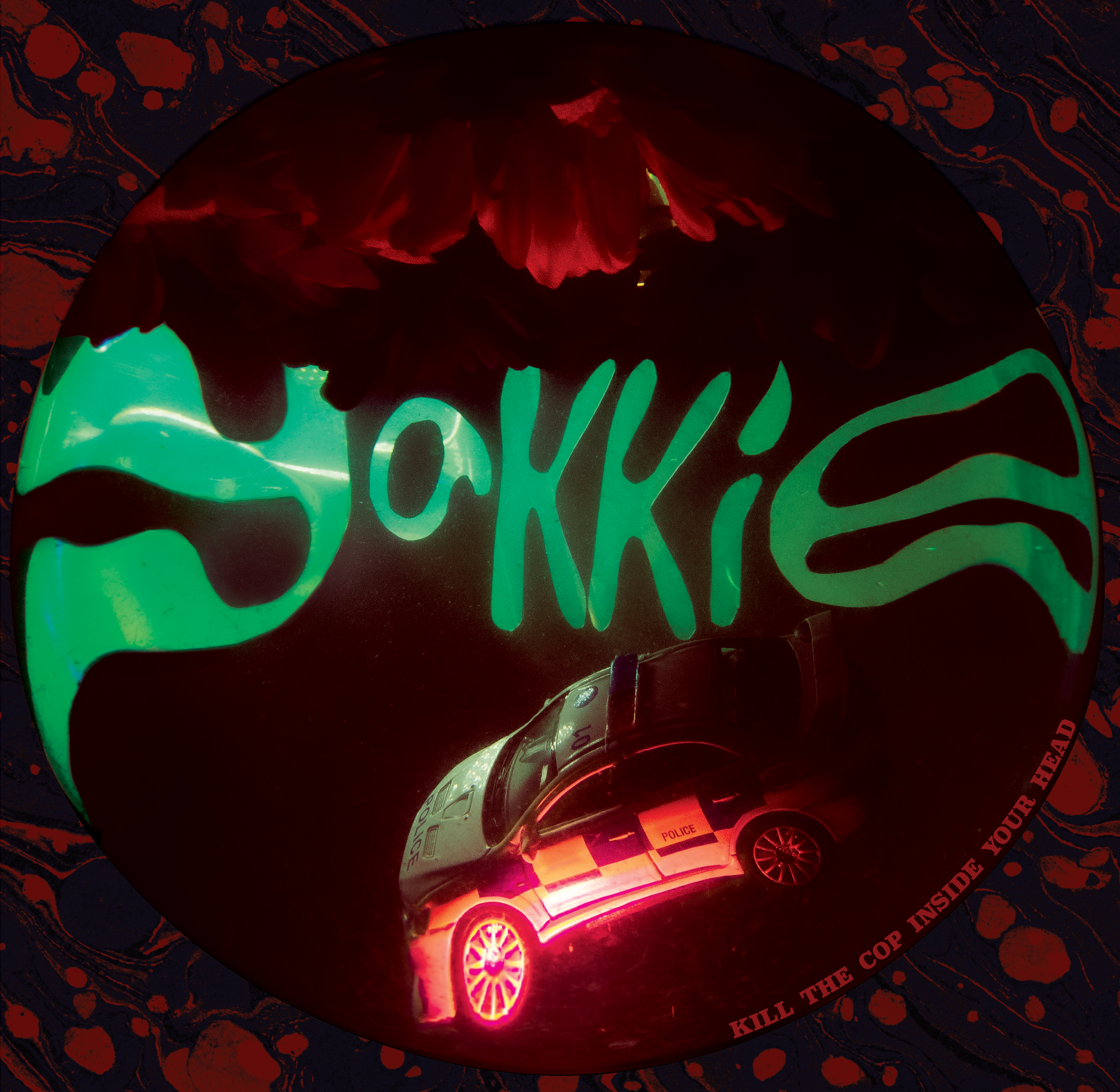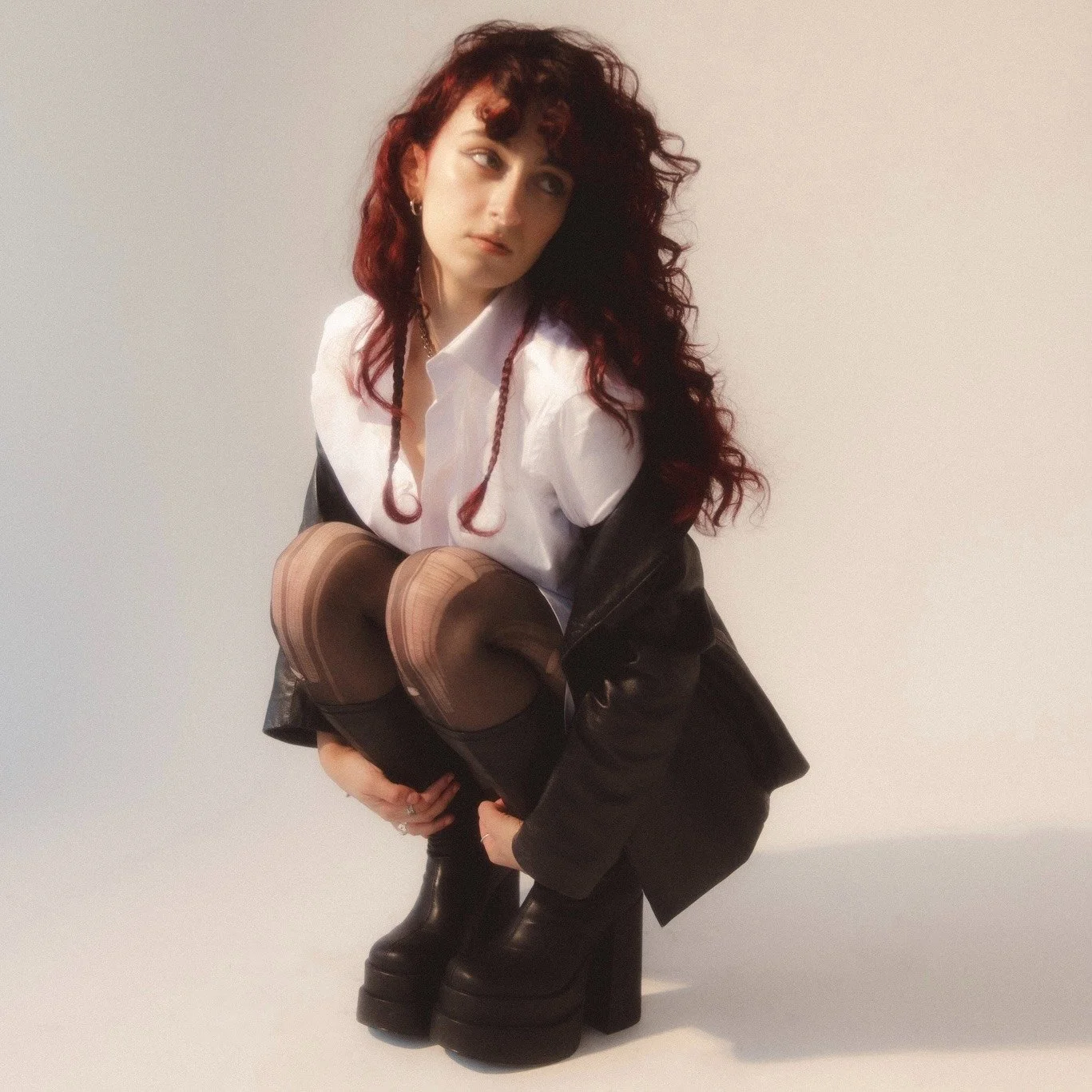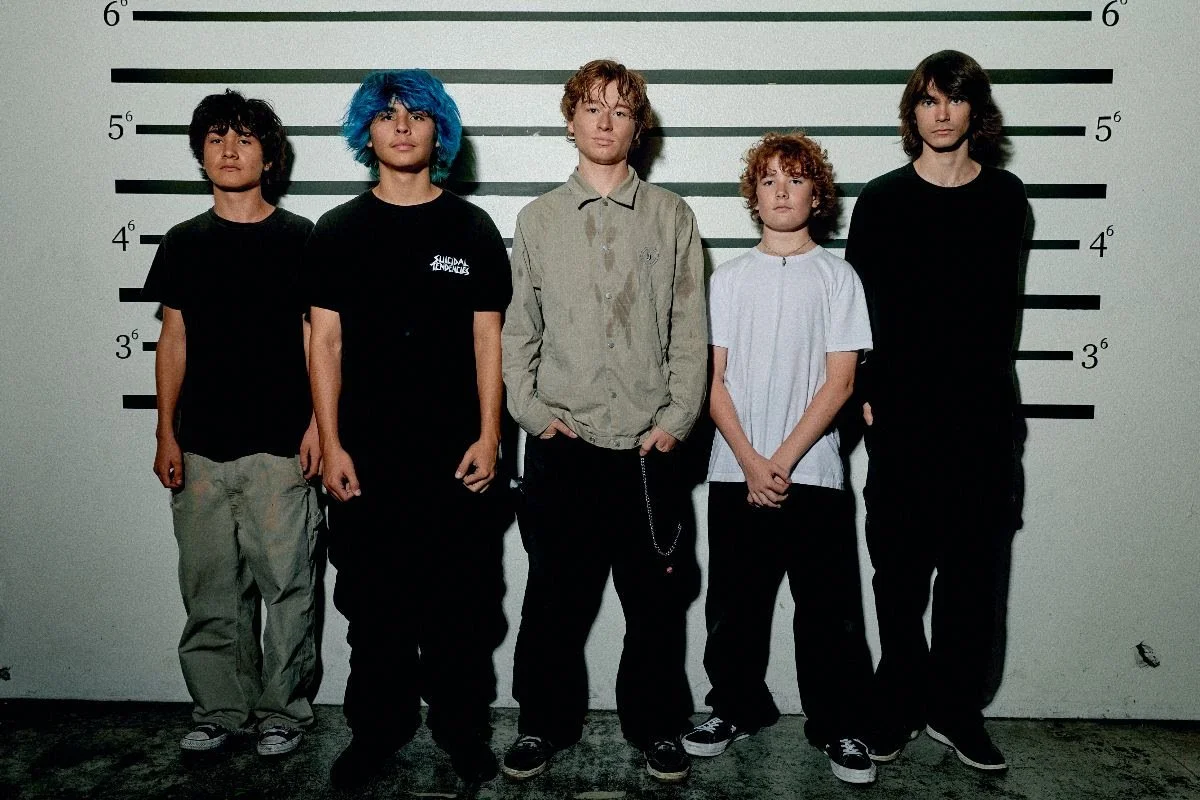Long Read: Frank Turner - Talking Punk Rock and The Pandemic
Having just released his ninth studio album, FTHC, we caught up with the British singer-songwriter to find out a little more about him, and about the record.
Once a part of the seminal UK hardcore band Million Dead, and now a prolific singer-songwriter in his own right, Frank Turner is an artist who needs little introduction. Having released nine studio albums in 15 years, as well as a smattering of rarities, splits and various other recordings, not to mention the almost 2600 shows he's played, how does someone with as much creative energy as Turner cope when the world shuts down? He seems to become more productive.
His latest album FTHC, is also Turner's ninth, and marks something of a departure from recent records. Or if not a departure, it's certainly a return to his roots. At least sort of. “I'm aware that in using this word I'm possibly setting myself up for more sadness than joy” Turner laughs “but it's kind of my punk rock record. It's more aggressive sonically and it's more intense lyrically than certainly anything I've done in a while. It's the music I grew up listening to and I tried to go with my first musical instincts with everything. So rather 'back to my roots', which is kind of a cliché, it's sort of reflective of my first musical loves.”
He's not wrong. FTHC is Turner's heaviest record to date, at least with The Sleeping Souls (Turner's live and studio band). But was it a conscious decision, made to channel any anger, uncertainty or frustrations felt around the record's writing and recording during the pandemic, or was it something more organic? “I do tend to try and not pre direct my writing, just whatever comes comes” Turner explains. “So it's organic in that way, but I can point to the reasons why. For most of my career, I've made music, that's punk rock with an adjective in front of it, if you see what I mean. And it felt like it would be fun drop the adjective. Also in the summer of 2019 before everything. We were on tour and in particular we did a festival in Slovenia called Punk Rock Holiday. And I felt really honoured to be on the bill but also I remember walking around during the day and thinking this is like home. These are my people, you know? It's just where I feel quite comfortable. And maybe it would be nice to spend a bit more time here”.
As well as, and the pandemic aside, there were parts of Turner's life that had changed dramatically in the lead up to the record. Things that would undoubtedly have influenced its writing, even if just slightly. He was approaching 40, had recently got married and moved out of London as , a city he had always loved, and perhaps most importantly, reconciled with his father, now a transwoman named Miranda, with whom he'd long been estranged. All of these must have influenced the record in their own way?
“I think they all influenced the record in different ways” Turner explains “I've just turned 40 and I think that getting older generally sucks, but one of the upsides of that is you're more secure in yourself, you know who you are a bit better and what that means for me personally is I feel like when I'm standing on surer ground, I can fish in deeper waters. I was able to talk about my childhood in a way that I certainly wasn't ready to talk about it in the way that we talked about on this record five years ago, you know?”
“I find at this moment in my life, it's more interesting to try and write about ongoing long-term relationships, because that's where I am. it doesn't have to be marriage, but a long-term relationship is a huge undertaking, you know? And I have many more things to say about that than I do about that kind of those fizzy initial moments. They're kind of easier to write about, but I already wrote my songs about those and everybody fucking writes about that. Let's talk about something more personal to you rather than something that every indie band ever pump out.”
It's a fair point, and FTHC is a deeply personal record, even if it's also heavier than most of his material. 'Wave Across the Bay' for instance is a tribute to Frightened Rabbit's Scott Hutchinson, of whom Frank was both a fan, and a friend. It's 'Miranda' that's perhaps the record's most personal offering however. A track that finds Turner exploring his feelings towards his estranged father's new gender identity, and the fact she's no longer the man that inspired a track two songs previous in the form of 'Fatherless'.
“When I first heard that my father was thinking about transitioning it was one of the first conversations that we'd had in about 10 years, so there was a lot of other shit there as well. That was kind of the icing on the cake. My first reaction was I don't know what to do with this information if I'm honest. But I've long been a supporter of trans rights, so it wasn't an issue with that per se. It was more just that I couldn't believe we were having that conversation.”
“In a way that I still find quite surprising, however, it turned out, my father's newly revealed gender identity has proven to be the sword that can cut the Gordian knot, break the vicious cycle of resentment that we were in with each other. And we now have relationship. We still have our issues. Every parent and child does, right? But we talk to each other and hang out, and this is a major, major step forward for me.”
Does Turner think his father's repression of her own gender identity was something that lead to their issues across his childhood and beyond? “There's a part of me that doesn't want to sit here and try and pop psychologize my parents. Do you know what I mean? I do think that there was a kind of, never physical, but sort of emotional violence in the room. And my dad's reaction to some of my music and it's stylistic, sartorial and social choices, it was quite extreme. And I think that you can look back and see that this was somebody who was dealing with some shit of their own. I have yet to have a deep and meaningful conversation about the past with my dad. And I doubt I ever will because that's just not what we do. But ultimately, one of the things I learned in the whole process is that in life you don't get to choose between perfect options, you know the option of peace and reconciliation isn't there, it's not on the table, so there's no point in sort of holding up for it.”
It's weighty material, and not just sonically. But despite Turner's propensity for not being one to shy away from serious subject matters, either on record or in interviews, it still harbours much of the same joyous sense of camaraderie as his previous records. More so even, when songs like were 'No Servium' were aired at some of Turner's snatched summer shows between the UK's various lockdowns and Covid variants of the last two years; the usual sense of togetherness harboured by Turner's shows only exaggerated by the sheer lack of live performances the UK had had for 18 months. But with further dates since postponed in the UK is Turner currently as optimistic as his music makes his fans feel?
“I'm sort of in this place right now where I'm professionally obliged to be an optimist. And that gets a little trying at times and things like pulling shows, it still sucks. And the end of last year, I felt like we were back in March, 2020 again, and that was bullshit but you know there's been some difficulties of life, but essentially this is a record that is designed to be played, live like quite consciously. I want to do that and I want to do it properly”.
Just when Frank Turner and The Sleeping Souls are able to do that still remains to be seen, and whilst things in the UK are currently looking more promising than they have in ages. And if we can't all take some solace or some optimism from that, at least we can from a new Frank Turner record.
Words by Dave Beech
